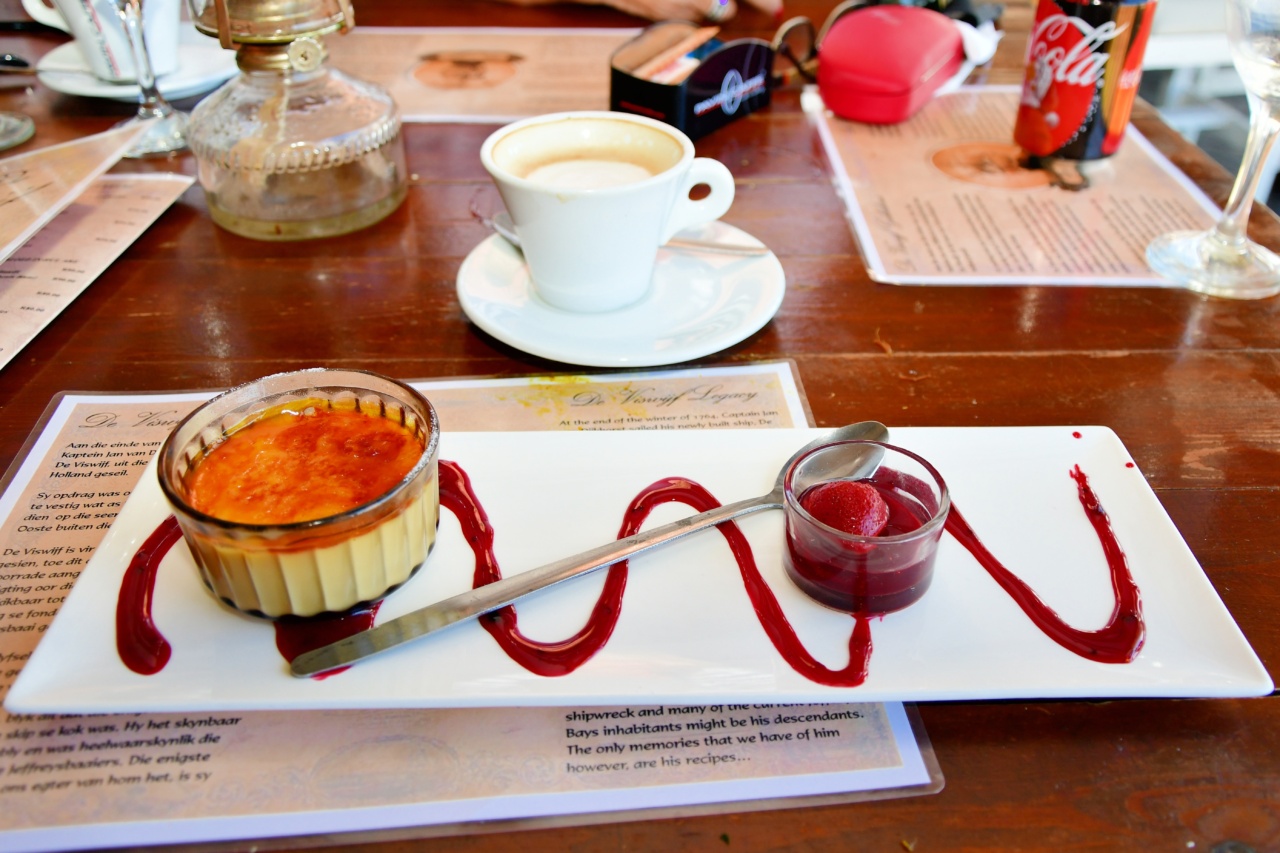Coffee is undoubtedly one of the most popular beverages in the world. Loved for its invigorating effects and rich flavor, it is consumed by millions of people every day.
However, it is essential to highlight a significant concern associated with coffee consumption – its potential to cause panic attacks.
The Link Between Coffee and Panic Attacks
A panic attack is a sudden episode of intense fear or apprehension, typically accompanied by physical symptoms such as rapid heartbeat, chest pain, shortness of breath, and dizziness.
While panic attacks can occur due to various reasons, the consumption of coffee has been identified as a trigger for some individuals.
The primary reason behind this link is coffee’s high caffeine content. Caffeine is a natural stimulant that works by stimulating the central nervous system, making individuals feel more alert and awake.
However, for some people, this stimulant effect can be overwhelming, leading to the onset of panic attacks.
Research studies have shown that caffeine can potentially worsen existing anxiety disorders or increase anxiety symptoms in susceptible individuals.
In a study published in the Journal of Anxiety Disorders, it was found that individuals with panic disorders experienced an increase in anxiety symptoms after consuming caffeine. The study concluded that caffeine ingestion can elicit panic attacks or panic-like symptoms, particularly in people with a history of panic disorder or generalized anxiety disorder.
Understanding the Mechanism
To comprehend how coffee triggers panic attacks, it is crucial to understand the physiological response to caffeine.
When consumed, caffeine blocks the adenosine receptors in the brain, preventing the binding of adenosine, which is responsible for promoting sleep and relaxation. As a result, an increase in brain activity and the release of excitatory neurotransmitters like dopamine and norepinephrine occur, leading to heightened alertness and arousal.
In susceptible individuals, this increase in brain activity and arousal can be overwhelming, leading to an overstimulation of the central nervous system.
This overstimulation can cause the typical symptoms associated with panic attacks, such as increased heart rate, rapid breathing, and a sense of impending doom.
Identifying Vulnerability
Not everyone who consumes coffee will experience panic attacks or other anxiety symptoms. Vulnerability to the effects of caffeine varies from person to person, depending on various factors, including:.
1. Sensitivity:
Individuals with heightened sensitivity to caffeine are more likely to experience adverse effects, including panic attacks.
2. Previous Anxiety Disorders:
People with a history of anxiety disorders, such as panic disorder or generalized anxiety disorder, are at an increased risk of experiencing caffeine-induced panic attacks.
3. Genetic Factors:
Genetic factors can influence an individual’s susceptibility to panic attacks triggered by coffee consumption. Some individuals may possess genetic variants that affect how their bodies process caffeine.
4. Current Mental State:
An individual’s current mental state, including stress levels and overall anxiety, can contribute to their vulnerability to caffeine-induced panic attacks. During periods of heightened stress, the effects of caffeine can be magnified.
Managing Coffee Consumption for Panic Attack Prevention
If you are prone to panic attacks or have a history of anxiety disorders, it may be beneficial to reduce or eliminate coffee consumption. Here are some strategies to consider:.
1. Gradual Reduction:
To minimize withdrawal symptoms, gradually reduce your coffee intake. Start by replacing one cup of coffee with a decaffeinated alternative, and gradually decrease your consumption over time.
2. Opt for Decaffeinated Alternatives:
Decaffeinated coffee or caffeine-free herbal teas can provide a similar taste experience without the stimulating effects of caffeine. Be cautious, though, as decaffeinated coffee may still contain small amounts of caffeine.
3. Monitor Your Reaction:
Pay attention to how your body reacts to caffeine. If you notice a correlation between coffee consumption and panic attacks, it may be necessary to eliminate or minimize your intake.
4. Consider Other Stimulants:
Explore alternative beverages that do not contain caffeine, such as herbal teas or naturally caffeine-free options. This can help satisfy your desire for a warm beverage without the potential triggers.
5. Practice Stress Reduction Techniques:
Engage in stress reduction practices such as yoga, meditation, deep breathing exercises, or mindfulness. These techniques can help manage anxiety symptoms and reduce the likelihood of panic attacks.
Conclusion
While coffee is widely enjoyed around the world, it is essential to be aware of its potential to trigger panic attacks.
The high caffeine content of coffee can overstimulate the central nervous system, leading to increased anxiety and panic-like symptoms, particularly in individuals with a history of anxiety disorders. Understanding your vulnerability and managing coffee consumption accordingly can help prevent panic attacks and maintain overall well-being.


























